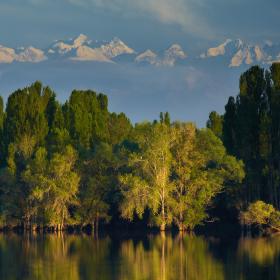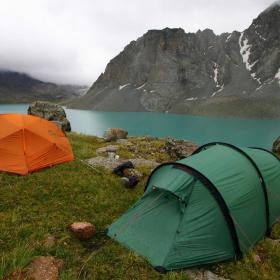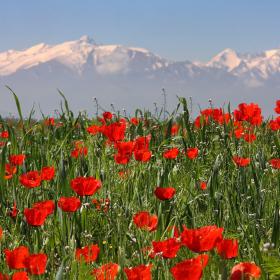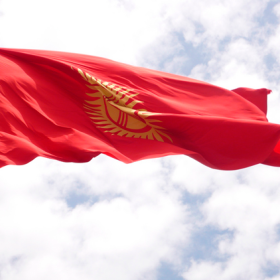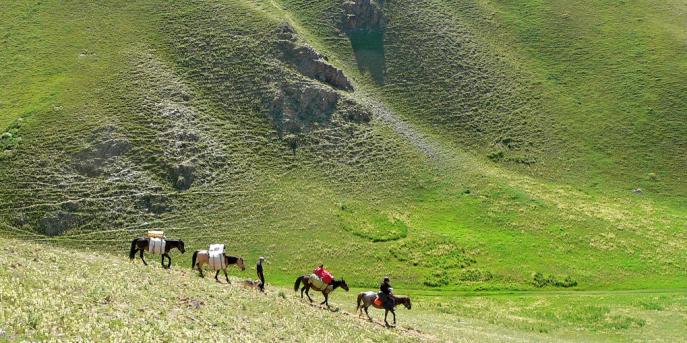10 Recommendations how to handle extreme circumstances while you abroad
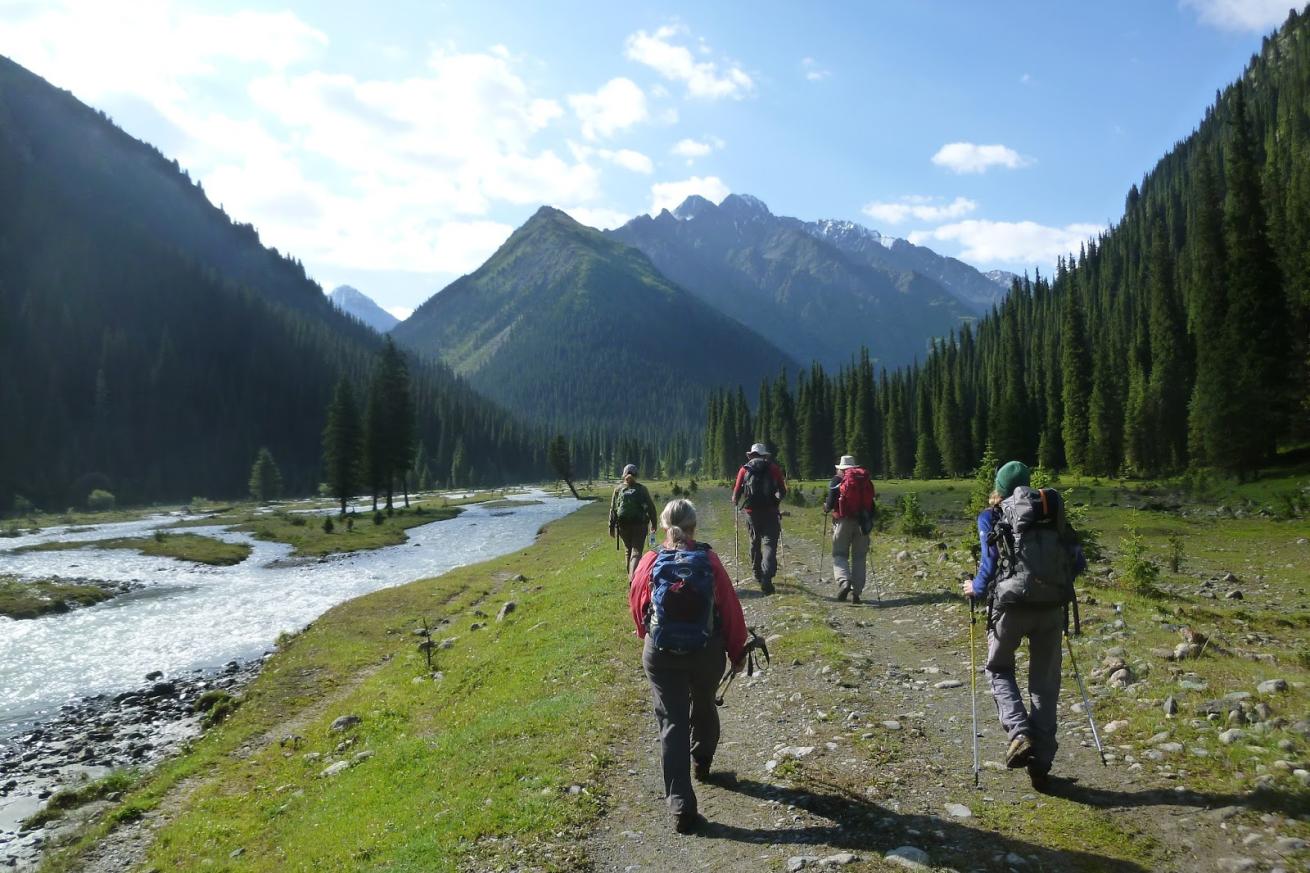
Tourism as an activity is directly connected with taking risks, but often it is pursued or offered by people, who are barely prepared for handling emergency. Safety of your travel is affected by a number of different factors, such as weather, natural disasters, equipment malfunction and other things that may put your life and safety into significant stress and danger. Thousands of books, journals and leaflets may consult you upon different issues, but none of the is sufficient enough to cover every aspect and situation that may happen. We will try to give you common recommendations that you should keep in mind if you find yourself and your group in an emergency:
1. Keep calm.
Anxiety and stress would greatly impact your mental processes, in some cases even 'paralyze' you, which may put your life even in higher danger. It's a moment when you should be able to think fast, and react even faster. Being cold-blooded is extremely difficult in real life and must alwys bear in mind that best thing, that keeps human alive is the power of mind. In animal world we dramatically lack strength and agility and emergency always brings with itself shortage of time and 'keeping yourself together' is more important than anything else.
2. Calm the others.
Survival of the group is highly dependent on the team's spirit and morale. You should keep your groupmates morale high, raise it by every alailable means (humor is a good one), in order to overcome fear and motivate action. Remember, you should NOT let the group chance to relax and especially let them fell into despair. In major emergency it may lower the morale, slow don the group and in worst scenarios doom your survival.
3. Quick evaluation.
If one of your party members accidentaly got injured, first of all you must find the source of danger (struck by a lighting\got covered by avalanche\attacked by animal) and find ways of saving your teammates without injuring yourself and the others. If you got injured, you can't help anyone else and most important, now you need help as well. First you must eliminate source of danger, and if it is not possible, find safe ways of extracting a victim. Next is field diagnostics of health condition of your companion. If you do not possess first aid skills and your companion is unconscious, assume critical injury to neck, head and spine, which means that victim can't be transported, unless his life in danger. If you had to move such person, you should carry slowly and try to move body parts as less as it is possible, and avoid worsening of possible injury.
If someone got bitten by a poisonous creature, remember that doctors can start proper treatment with greater effect if you brought the animal with yourself (presumably dead for safety), took photo of it or provide detailed description, which should be confirmed by all team members to avoid false information.
4. Assess danger level and take safety measures.
When danger is gone, still continues or may happen again (like avalanche or heavy rain with lightning threat), you must find safe place to hide and when it is possible move away from source of danger as far as possible.
5. Gather group and evaluate losses and damage.
If you can continue your journey, then you got lucky. If you can't and you have injured, you should evaluate person's condition, are they able to walk, or carrying means are required.
6. Take steps in organizing your evacuation:
a) estimate the shortest way to the closest village or city
b) if you got injured how they should be transported
c) how to communicate with rescue
d) Equally distribute all food resources, calculated per time and distance required to reach the closest city.
7. Any conflict has to be prevented at early stage.
You are in emergency sitution and depending on it's degree this task may vary from necessary to crucial. At a critical situation discipline must be kept by any possible means, though friendly and helpful atmosphere is more beneficial.
8. If you can't reach the safe place your group should find a spot for placing a camp, help the injured and wait for rescue team to arrive.
9. When you establish a connection with rescue team clear and exact information about the accident must be given.
When they give you orders they must be followed strictly. Remember that those people are professionals and know local area and it's characteristics.
10. If tema leader got injured and is unable to lead the group his assistant or any other team member with siffucient experience must be selcted.
It is important to highlight the importance of a team leader and his executive power, in extreme situations there is no democracy, actions must be made fast and by an entire group, to avoid danger.
As a conclusion we would like to say that each tourist wishes to spend his holiday in most memorable way, and surely without any emergency. But if danger occurs, strong will, courage and teamwork would let you handle this challenge with honor and there will be nothing left for you, than a bright memories of an adventure. Remember our reccomendations and be safe! In our next issue we will tell you more about international distress signals, used by tourists and rescuers!

